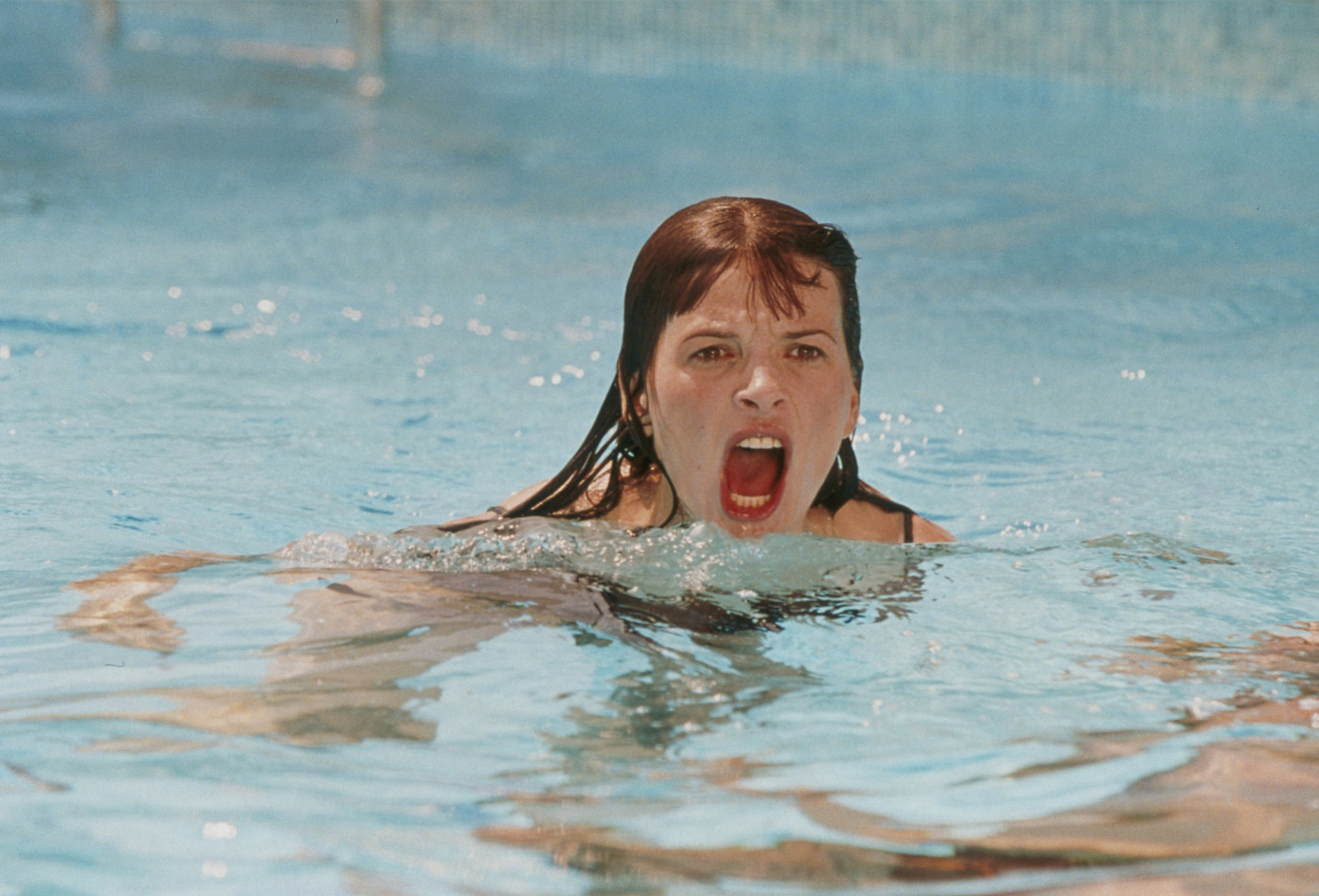
Borderline Films: The First Ten Years 2013 / Code inconnu / France 1999
A busy Parisian boulevard. A random event suddenly touches the lives of several very different individuals: actress Anne, music teacher Amadou, beggar Maria. What do they have in common and why have they met at exactly this moment in time? Michael Haneke’s first French language film, in which Juliette Binoche plays one of the leads, screened in competition at the Cannes festival. Carte blanche: Antonio Campos


A busy Paris Boulevard. A young man tosses a crumpled food wrapper into a beggar woman’s bag and a passerby regards it as an affront to her human dignity. In an instant, a random event has connected the lives of several characters: Anne is a young actress trying to break into film. Her boyfriend Georges, a war photographer, is rarely in Paris. George’s father runs a farm where his younger son Jean refuses to work. Amadou, whose younger sister is deaf, teaches music at a school for deaf-mute children. His father is a taxidriver of African origin. Romanian Maria sends all the money she earns from begging back home. After being deported she lives in Romania for a while before undertaking another humiliating journey to France. In his first French-speaking film, Haneke breaks the storyline into fragments, focusing on characters who have nothing in common except perhaps feelings of frustration. Discontinuity as the fundamental means of expressing disillusionment and misunderstanding.
117 min / Color, 35 mm
Director Michael Haneke
/ Screenplay Michael Haneke
/ Dir. of Photography Yürgen Yürges
/ Music Giba Gonzalves
/ Editor Andreas Prochaska
/ Producer Marin Karmitz
/ Production MK2 Productions
/ Cast Juliette Binoche, Thierry Neuvic, Sepp Bierbichler, Alexandre Hamidi
/ Contact mk2 Films

Michael Haneke (b. 1942, Munich) studied philosophy, psychology, and theater in Vienna. In 1967–70 he worked for German television. After a number of made-for-TV movies, he directed the trilogy The Seventh Continent (1989), Benny’s Video (1992), and 71 Fragments of a Chronology of Chance (1994), in which he investigates the alienation of the individual through their frustrations, and analyzes the relationship between violence and modern media. Later films also betray a certain pessimistic view of human beings: The Castle (1997), Funny Games (1997), Code Unknown (1999), The Piano Teacher (2001), Time of the Wolf (2003), and Caché (2004). In 2007 he shot a remake of Funny Games in the United States. In 2009 The White Ribbon was presented at KVIFF after taking the Palme d’Or at Cannes, as did his latest film Amour (KVIFF 2012), which also won the Academy Award for Best Foreign Language Film.
mk2 Films
55, rue Traversière, 75012, Paris
France
Phone: +33 144 673 111
Fax: +33 143 072 963
E-mail: [email protected]

Victoire Thevenin
Sales Agent
First-hand brews throughout the year.
Be among the first to learn about upcoming events and other news. We only send the newsletter when we have something to say.